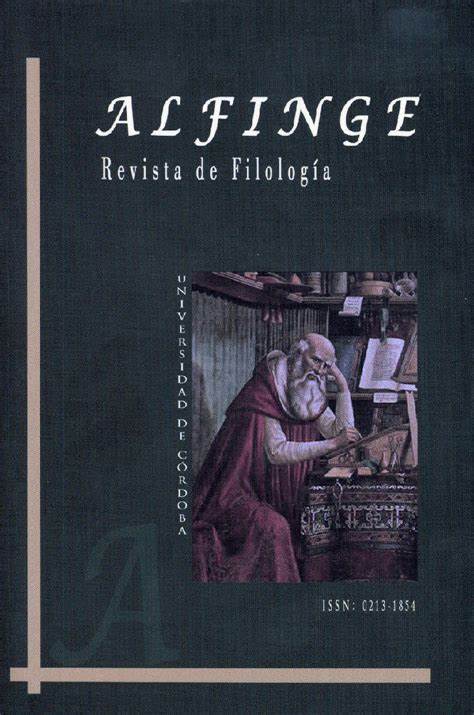Didactic voice-over in Secondary Education to develop integrated language skills and raise ecological awareness: A case study with pre-service teachers
Contenido principal del artículo
Resumen
Abstract: In recent years, there has been a significant expansion in the utilisation of ICT in language teaching and learning. In order to provide students with a quality education, teacher training is of paramount importance. Effective teacher training ensures that educators are well-equipped with the latest pedagogical strategies, technological tools, and interdisciplinary approaches necessary for fostering a dynamic and engaging learning environment. Furthermore, in view of the United Nations’ Agenda 2030 (2015), the efforts of teachers increasingly focus on promoting sustainability awareness. This holistic approach not only enhances the educational experience but also aligns with broader societal goals, making language education a powerful tool for positive change
This paper will present a case study with 14 pre-service secondary school teachers of English as a Foreign Language (EFL) in Spain. The purpose is to investigate whether pre-service teachers see feasible to implement Didactic Audiovisual Translation (DAT), particularly didactic voice-over, in the EFL classroom, and whether it can enhance integrated language skills and promote ecological awareness. The participants were initially introduced to DAT and its practical application within the recently research-led TRADILEX platform (Fernández-Costales, Talaván and Tinedo-Rodríguez 2023). Subsequently, participants were required to carry out a didactic voice-over lesson plan (LP) about the European-funded project Speak4Nature-Interdisciplinary Approaches on Ecological Justice. After submitting the 60-minute voice-over LP, created in accordance with the TRADILEX methodology (Talaván; Lertola 2022), participants were required to develop a second LP of the same duration, utilising the same video as a foundation and tailored to the specific needs of their target learners. In order to triangulate the data, participants’ opinions were gathered via a feedback questionnaire, an observation rubric completed by the two teacher-researchers, and a focus group involving five participants. The analysis yields encouraging findings, since pre-service EFL teachers perceived the integration of DAT in secondary education as potentially advantageous for fostering the development of integrated language skill and ecological awareness.
Keywords: Didactic Audiovisual Translation. Didactic voice-over. Teacher training. English as a Foreign Language. Ecological awareness.
Descargas
Detalles del artículo

Esta obra está bajo una licencia internacional Creative Commons Atribución-NoComercial-CompartirIgual 4.0.
Política propuesta para revistas que ofrecen acceso abierto. Aquellos autores/as que tengan publicaciones con esta revista, aceptan los términos siguientes:
- Los autores/as conservarán sus derechos de autor y garantizarán a la revista el derecho de primera publicación de su obra, el cuál estará simultáneamente sujeto a la Licencia de reconocimiento de Creative Commons que permite a terceros compartir la obra siempre que se indique su autor y su primera publicación esta revista.
- Los autores/as podrán adoptar otros acuerdos de licencia no exclusiva de distribución de la versión de la obra publicada (p. ej.: depositarla en un archivo telemático institucional o publicarla en un volumen monográfico) siempre que se indique la publicación inicial en esta revista.
- Se permite y recomienda a los autores/as difundir su obra a través de Internet (p. ej.: en archivos telemáticos institucionales o en su página web) antes y durante el proceso de envío, lo cual puede producir intercambios interesantes y aumentar las citas de la obra publicada. (Véase El efecto del acceso abierto).
